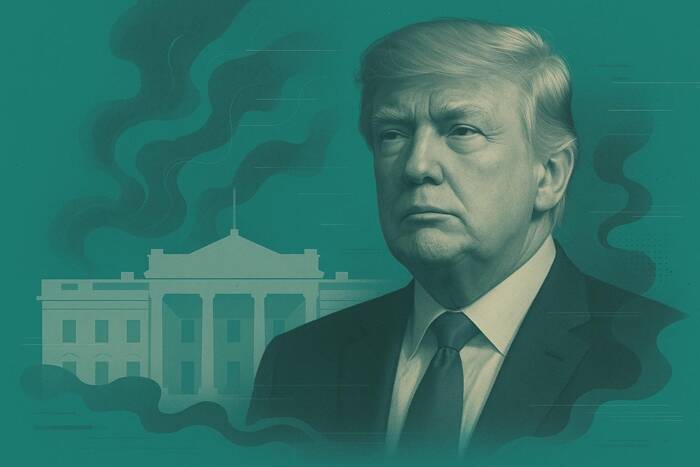“The latest US government shutdown occurred as a result of political disagreements between Republicans and Democrats on issues such as healthcare, but it reflects deepening political polarization.”, — write: www.fxempire.com
Broader Challenges Emerge Broader challenges have arisen from the heightened criticism of academic institutions and the press, which risks eroding public trust in the country’s system of checks and balances. Of additional concern is the increasing normalization of military deployments in American cities, with the stated aim of preserving public order. Civil authority could particularly be undermined when such deployments become more frequent even without state governors’ consent.
Overall, this deterioration in governance standards is set to further increase political polarization in the years ahead. The deeper these political divisions become, the greater the risk that key policy compromises may not be reached by the relevant deadlines.
Increase in Debt Ceiling Likely Needed by 2028 This also applies to future debt-ceiling standoffs, particularly if the Republican Party were to lose control of the House of Representatives and/or the Senate after the 2026 mid-term election. Despite a USD 5trn increase in the debt ceiling agreed as part of the ‘Big Beautiful Bill’, a further increase will likely be needed by 2028 given the weak fiscal outlook.
Scope expects general government deficits to average around 6% of GDP and an increase in general government debt to 127% of GDP within the next five years. The rating agency believes the risk of a technical default by the US due to political disputes is not very likely, but this risk continues to increase and would have a significant impact if it occurred.
For a look at all of today’s economic events, check out our economic calendar.
